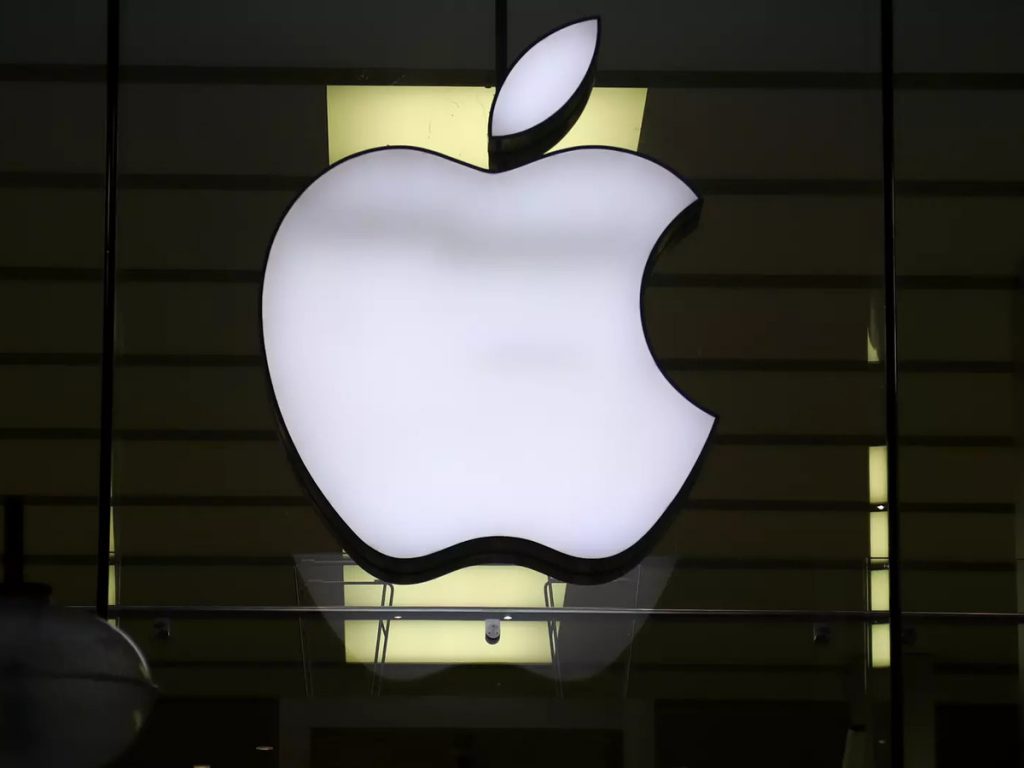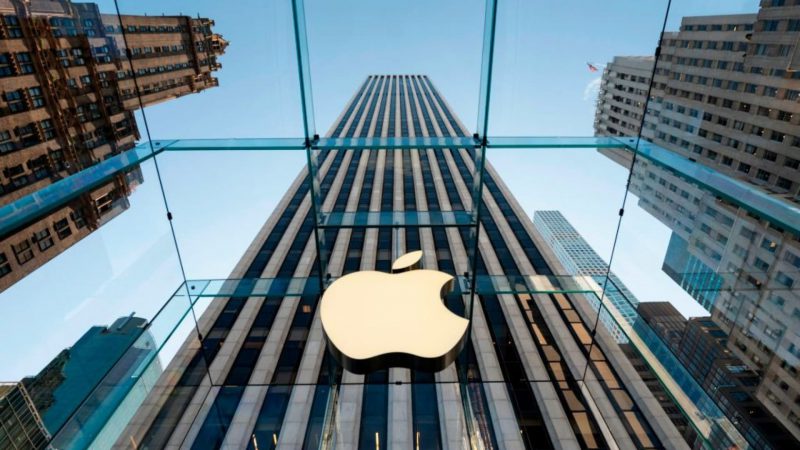The US Supreme Court has officially ruled that Apple Inc. is allowed to maintain its app store payment rules. Moreover, the decision allows the company to continue to tax application developers at 30% of all revenue that is generated through the company’s app store.
The decision is a rejection of an Epic Games Inc. request regarding the current app store rules. Specifically, the request would have allowed developers to direct users to different purchasing options. However, Justice Elena Kagan ruled against allowing a federal appeals court ruling to enter into effect.
Also Read: Apple Users Face Crypto-Stealing Malware Bug
US Supreme Court Rules in Favor of Apple App Store Rules
In what is a rather confusing development, the US Supreme Court has officially allowed Apple to continue to tax app developers at 30% of the revenue that they earn from the App Store. Additionally, the ruling disregards an appeals court decision that says otherwise.
The 9th Circuit Court of Appeals said that Apple was in Violation of California’s Unfair Competition Law, Bloomberg reports. Moreover, the violation occurred when Apple limited developers’ ability to direct consumers to alternative payment systems. Subsequently, this includes Epic Games’ own online store.


Also Read: Apple to Develop its Own OpenAI ChatGPT Rival
Justice Kagan gave no explanation for the Supreme Court ruling, meaning Apple is free from the appeals court ruling. However, Bloomberg noted that the decision is merely a “temporary reprieve.” The ongoing conflict is connected to the tax that Apple imposes on app developers.
Apple had barred Fortnite from the app store due to a “workaround” Epic had found. Specifically, this allowed the developer to avoid paying the 30% tax that is granted on all in-app purchases. Now that the Supreme Court has paved the way for Apple to keep that tax in place, it may only be temporary.





